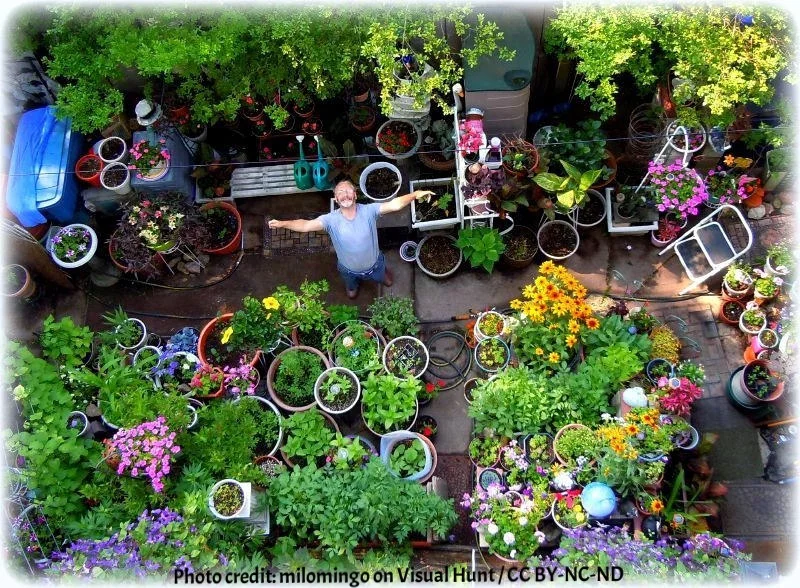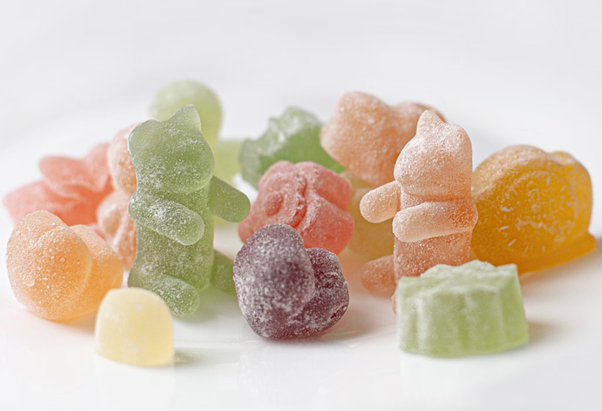Why you should think beyond organic for a bigger impact on the environment
/Globally, the way people think about food has shifted dramatically over the past few decades. With major changes to the food industry (including the introduction of GMO, the mainstreaming of organic foods, a growing awareness of the problems with factory farming, and the growing number of documentaries about our eating habits) more people now think that eating healthy is important. Along with that, many people have turned to the organic market to create healthier diets for themselves and their families.
Organic is hyped, let’s be real for a minute here. While I would never tell you not to eat organic (for reasons I have explained in previous posts), the fact is that there are lots of problems with organic farming that most people don’t know, or just choose not to think about. And eating organic will not help save the planet. That last thought is an important one, so I’ll repeat it once more.
Eating organic foods will not help save the planet.
Read More


















































